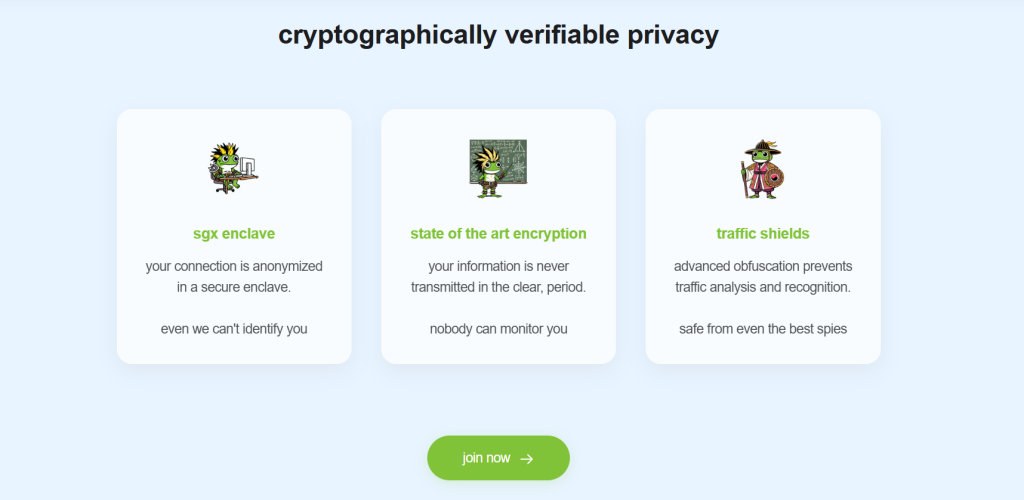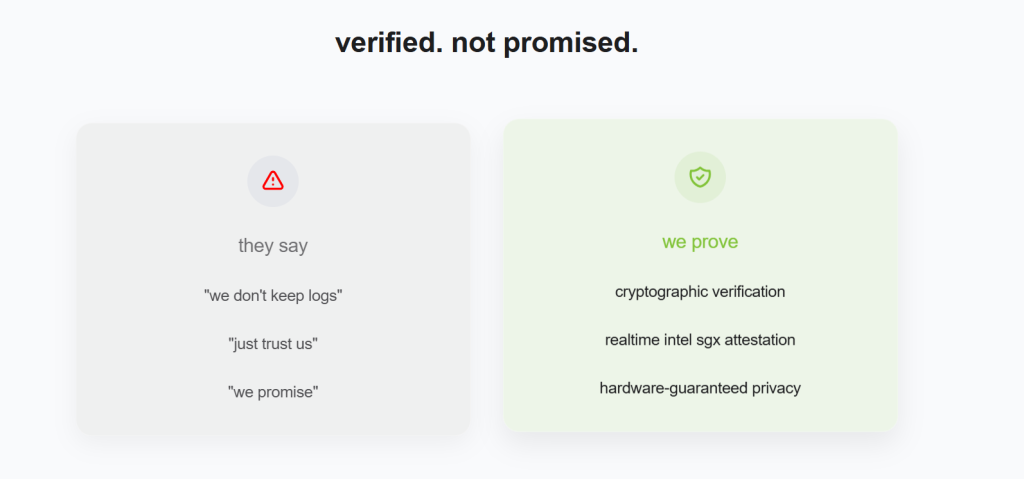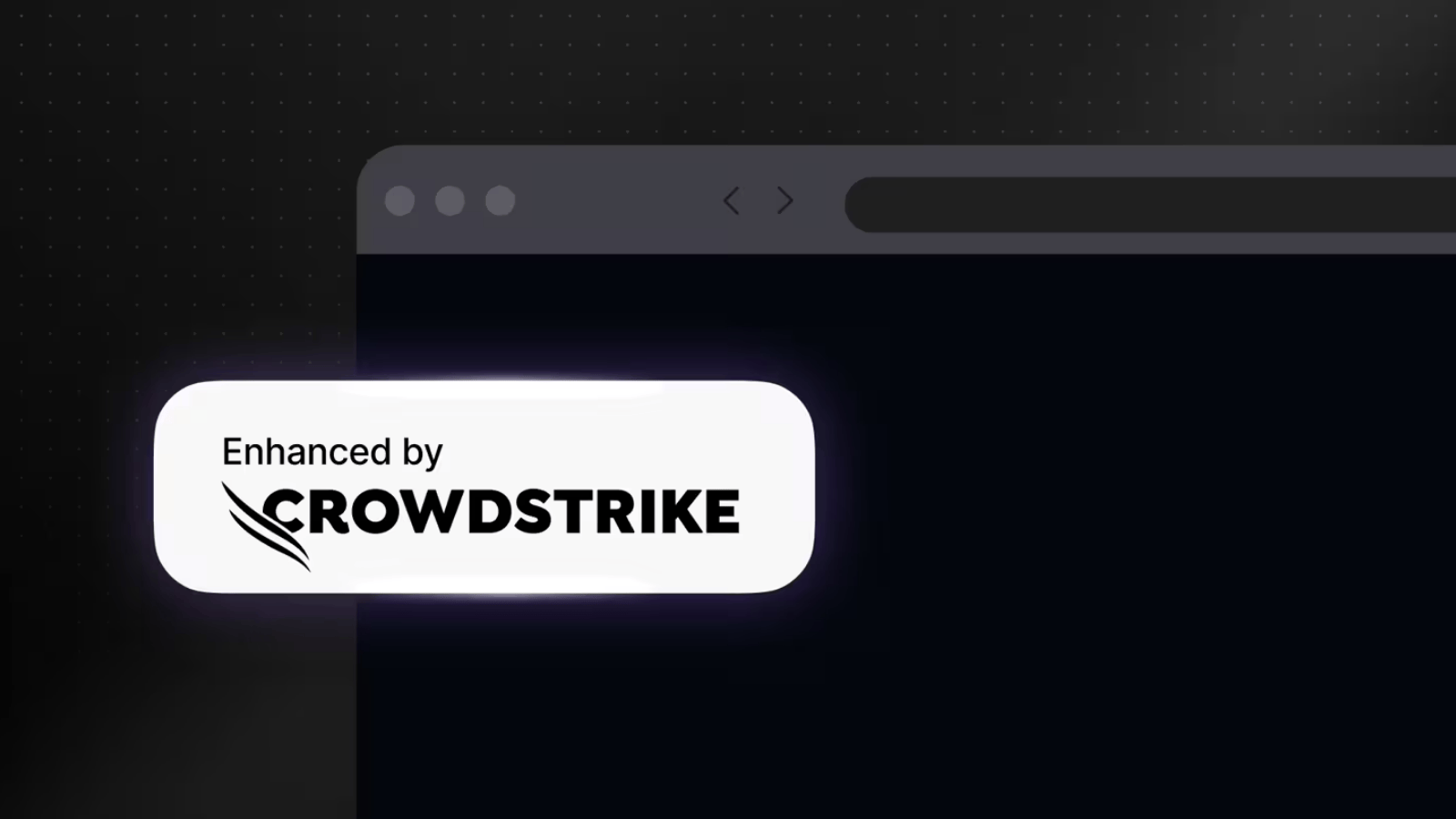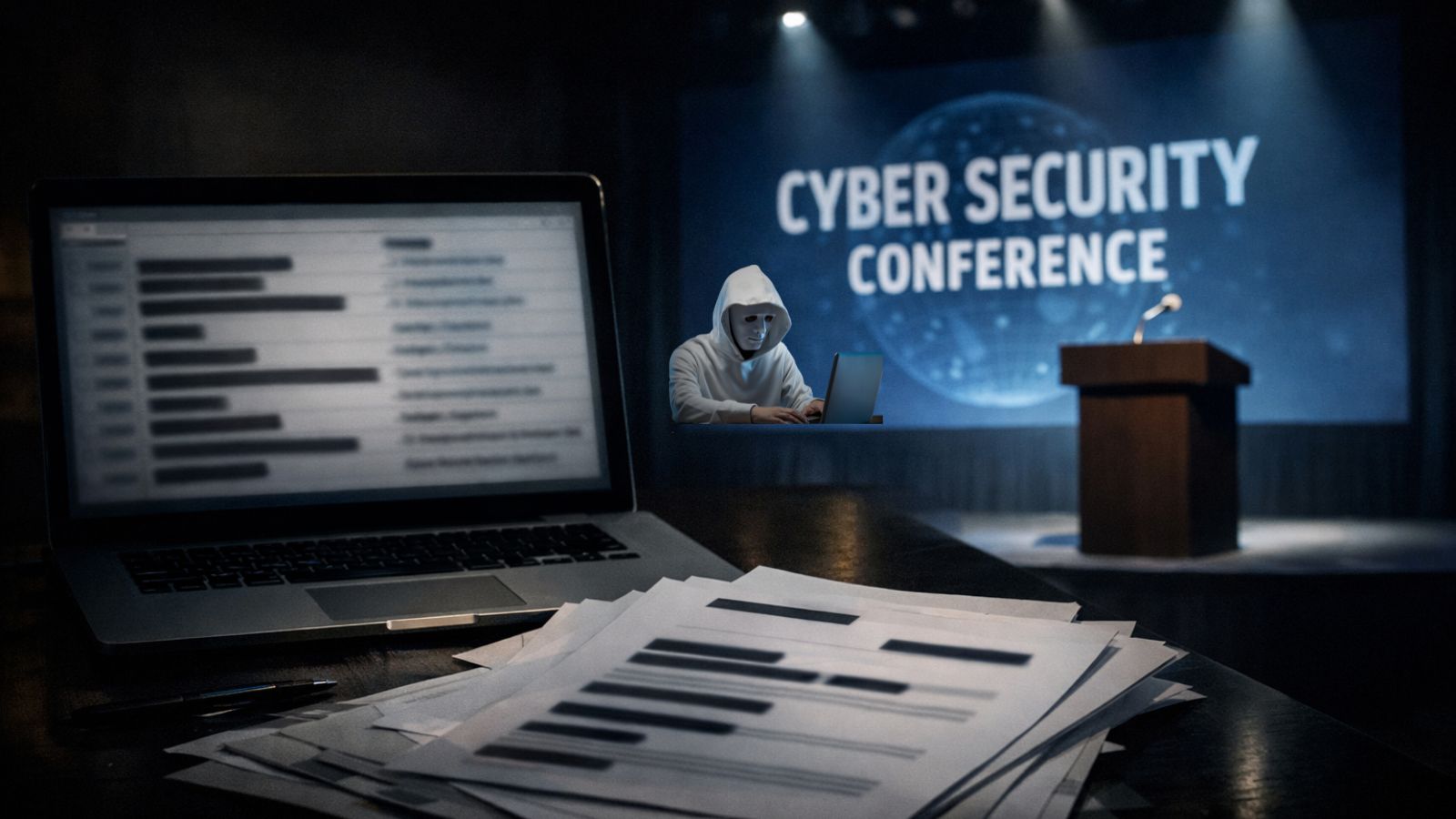
When you purchase through links on our site, we may earn an affiliate commission. Here’s how it works.
New VPN VP.net Uses Hardware to Limit User Activity Logging
- The all-new VPN - VP.net uses Intel SGX hardware to prevent even itself from logging user activity.
- The system separates user identity from browsing activity through secure memory enclaves.
- Remote attestation allows users to verify server code is untampered and publicly available.
A new VPN provider, VP.net, has entered the privacy market with a unique approach that aims to eliminate the need for user trust entirely. Instead of asking users to rely on company promises, VP.net uses hardware-based protections to make logging user activity technically impossible, even for itself.
At the core of VP.net’s system is Intel SGX, a technology that creates secure, isolated areas inside a computer’s memory, called enclaves. These enclaves are designed to act like digital safes, where no one, not even the service operator, can peek inside. VP.net’s setup ensures that the part of its system handling user identities is kept entirely separate from the part managing online activity. According to the company, this separation means there’s no way to connect a specific user to the websites they visit.
Andrew Lee, the Chief Privacy Architect at VP.net and founder of Private Internet Access, explains the idea behind the service:
The service uses the WireGuard protocol to encrypt user traffic and replace IP addresses. All internet activity is routed through SGX-powered servers, and the company says it cannot log traffic data, even if legally pressured. If a court demands information, VP.net says it would first examine the request’s legality. But beyond that, the company claims it only has access to unlinkable user data, such as email addresses and payment details.
VP.net also relies on a process called “remote attestation,” which allows users to verify that the code running on the server is exactly what’s published in the open-source repository. This ensures that the system hasn’t been tampered with and helps shift trust from company promises to actual hardware verification.
However, while VP.net’s system adds a new layer of privacy, it’s not completely foolproof. Like all technology, SGX is not immune to vulnerabilities. Past hardware flaws have been discovered, and critics note that users should still remain cautious. VP.net says it actively monitors for security issues and keeps its systems updated.
The company is operated by VP.NET LLC and owned by TCP IP Inc., which holds the related patents. Notably, the team includes some controversial figures from the crypto world, Roger Ver and Mark Karpelès, both of whom have faced legal troubles in the past.
VP.net’s new hardware-based VPN system adds a technically novel element to the ongoing discussion about VPN privacy. Whether this hardware-based method will catch on more widely remains to be seen.












